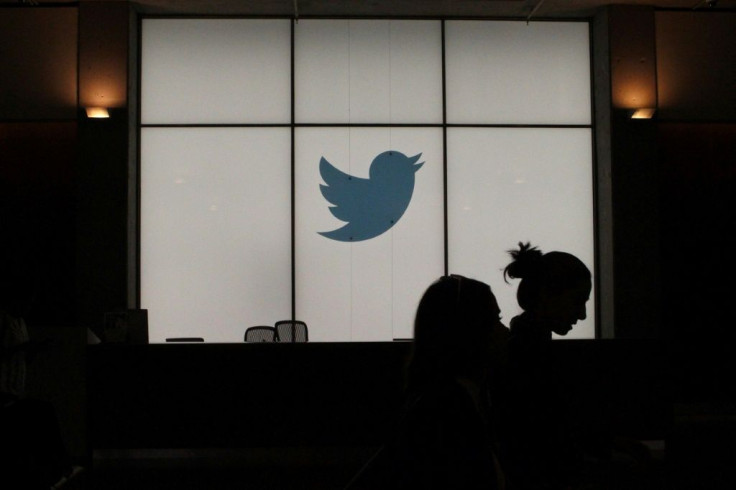Mike Lindell Net Worth: MyPillow CEO Was A Crack Addict Before Becoming Multimillionaire
KEY POINTS
- Mike Lindell was addicted to drugs when he started his MyPillow empire in 2004
- He now has an estimated net worth of $300 million
- Lindell's Twitter account was permanently banned Monday due to “repeated violations” of its civic integrity policy
Mike Lindell’s net worth is around $300 million. The MyPillow founder and CEO is the latest high-profile supporter of former President Donald Trump to be banned from Twitter.
Lindell’s official Twitter account was permanently banned Monday due to “repeated violations” of its civic integrity policy, a spokesperson for the platform told CNN. This policy on election misinformation was implemented by Twitter following the Jan. 6 Capitol insurrection.
It is not clear which tweets led to the Twitter ban, but GOP Rep. Marjorie Taylor Greene of Georgia had her account temporarily suspended two weeks prior for violating the same policy. Lindell, who is a major Republican donor, has been a vocal supporter of Trump and called the Capitol attack "very peaceful," The New York Times reported.
This comes over a week after Bed, Bath & Beyond announced its decision to stop the sales of a "number of underperforming items and brands," including MyPillow products, following its CEO's false claims about the election, CNN earlier reported. Lindell also claimed that Wayfair, Kohl's and HEB have stopped selling his company's items.
It remains to be seen how much these moves will affect his net worth. Lindell’s wealth is around $300 million, per Celebrity Net Worth, built on top of selling foam pillows he claimed would never lose their shape.
The 59-year-old’s success did not happen overnight. Lindell triumphed over years of drug abuse, particularly addiction to cocaine and crack, CNBC reported. The Mankato, Minnesota native tried his hand at different jobs and businesses for years, but either due to unfortunate events or his addiction relapse, they all failed.
Lindell said he had wanted a good pillow ever since he can remember and even splurged $70 to buy one with his early paychecks in 1977. The idea of making pillows that hold their shape hit him in 2004. He started showcasing his pillows at a kiosk in the mall during Christmas, but sales lagged. It wasn't until his pillows impressed a man who ran a local home show in Minneapolis and he received an invitation to the next show that his products sold out.
Despite the increasing sales of his pillows, Lindell nearly lost everything in 2008 after he got into crack cocaine. But everything changed in 2011 after MyPillow gained media attention.
He started doing infomercials, telling his story in print ads and on TV, and sales started to spike. MyPillow employees increased to 1,500 from only 500. The CEO claimed he spent $100 million on infomercials and the returns proved lucrative. By 2017, he had been clean and sober for eight years, had sold around 30 million pillows and his revenue had grown to $300 million.
Among the practical tips he would give aspiring entrepreneurs were to apply for patents for inventions and always choose better shipping rates. Lindell added that passion and belief for one's own products should be there.

© Copyright IBTimes 2024. All rights reserved.




















